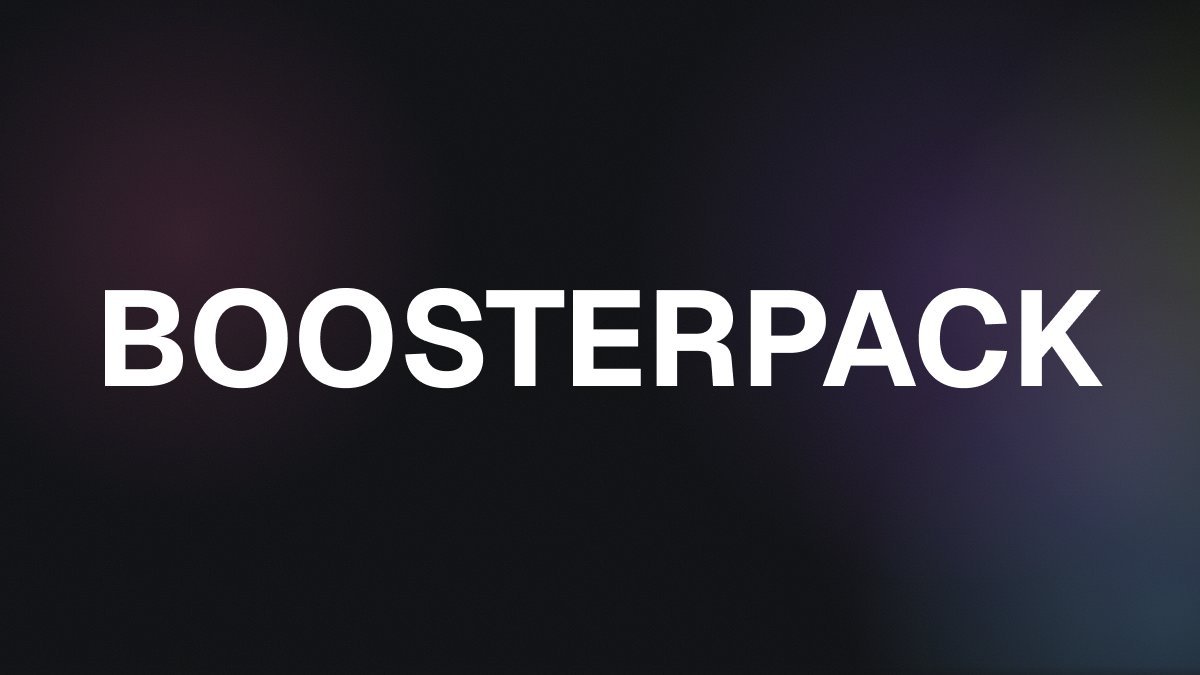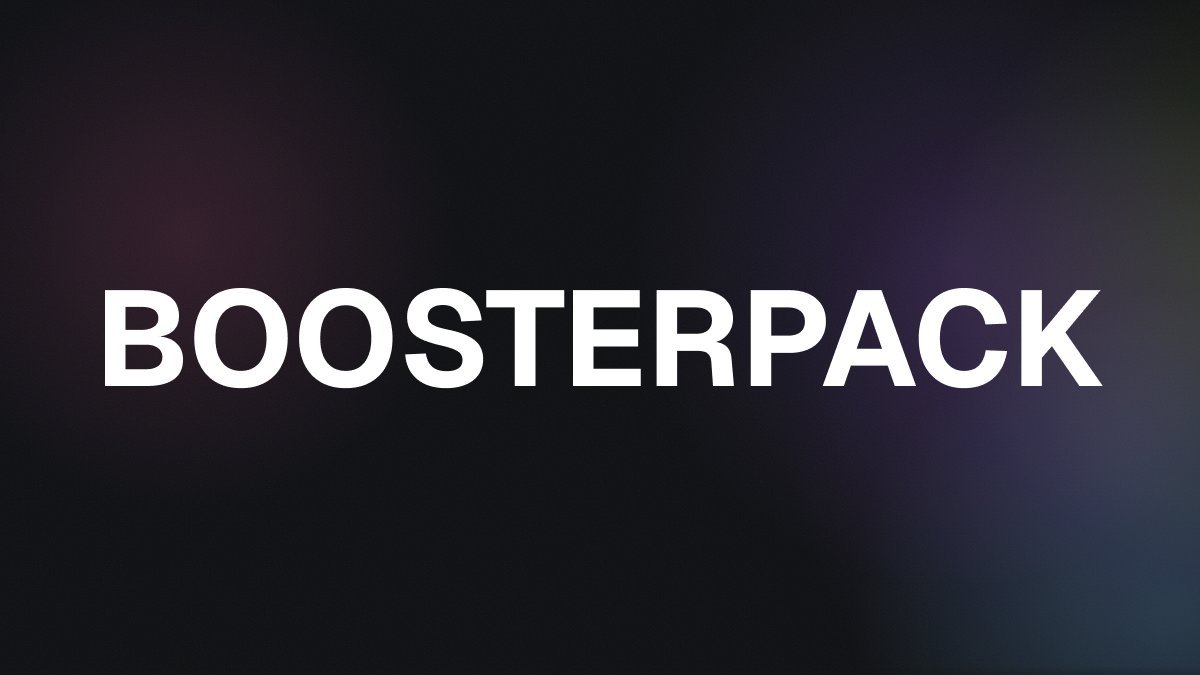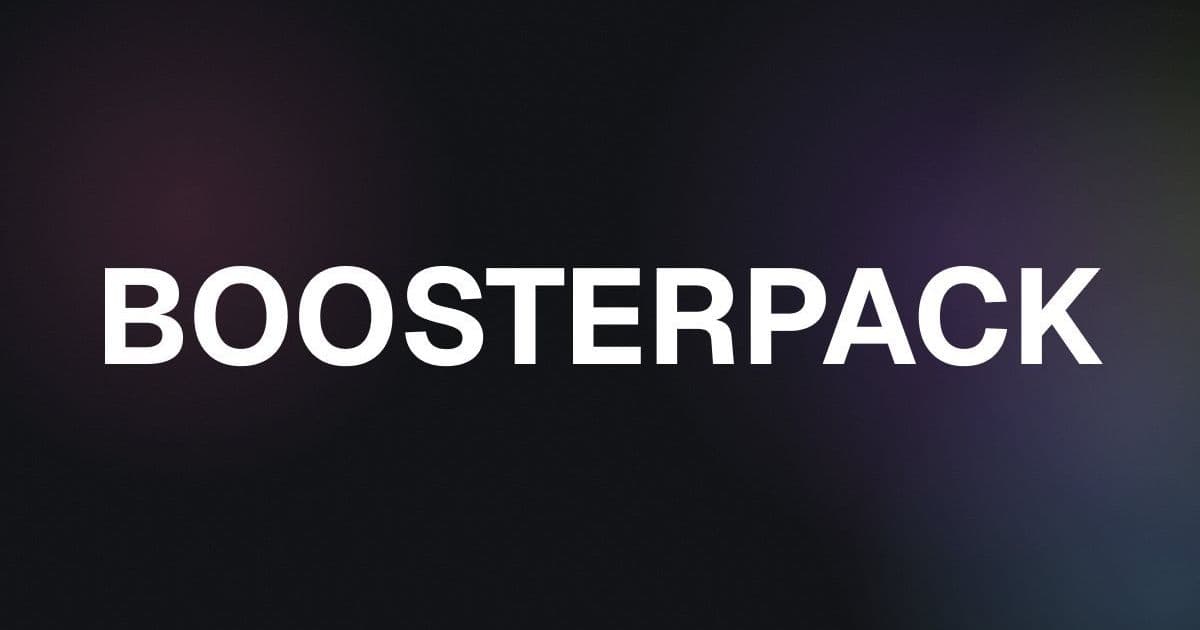A new platform, BoosterPack.xyz, has emerged with ambitious promises to revolutionize developer workflows. While details remain scarce, the initiative signals growing momentum toward integrated toolchains and accelerated development cycles in the software industry.

The developer tooling landscape just got a potential disruptor. BoosterPack.xyz has launched with a bold, albeit enigmatic, proposition: to fundamentally accelerate and streamline how developers build software. While the platform's specifics remain under wraps, its emergence speaks volumes about the industry's relentless pursuit of efficiency.
Beyond Snippets: The Quest for Integrated Acceleration
Modern developers juggle fragmented workflows – context-switching between IDEs, package managers, cloud consoles, and deployment pipelines. BoosterPack.xyz appears positioned as an integrated environment, aiming to collapse these silos. Early hints suggest a focus on:
- Contextual Code Generation: Moving past simple boilerplate, potentially leveraging AI to generate project-specific scaffolding and logic based on high-level intents.
- Unified Dependency & Environment Management: Automating the notoriously painful setup and synchronization of libraries, SDKs, and runtime environments.
- Seamless Cloud Integration: Reducing the friction of deploying and managing applications across cloud providers directly within the development flow.
"The most valuable developer tools don't just save keystrokes; they eliminate entire classes of friction," observes a veteran platform engineer familiar with similar initiatives. "If BoosterPack.xyz can truly unify the pre-deployment lifecycle, it could shave significant time off delivery cycles."
Why Ambiguity Fuels Interest
The lack of detailed public documentation is strategic. It mirrors the approach of tools like GitHub Copilot in its early days, building anticipation while allowing the team to refine the core experience based on early adopter feedback. The platform's name itself, "BoosterPack," implies modular add-ons or power-ups for existing workflows, suggesting extensibility.
Implications for the Developer Ecosystem
- Accelerated Onboarding: New developers could bypass days of environment configuration hell, jumping straight into productive coding.
- Reduced Cognitive Load: Minimizing toolchain complexity allows developers to focus more on core logic and problem-solving.
- Shift in Tooling Expectations: Success for BoosterPack.xyz would pressure established IDEs and platforms to offer deeper, more cohesive integrations, raising the bar for developer experience.

The Unanswered Questions
Critical details remain unknown: supported languages, integration depth with major frameworks and clouds, pricing model, and the underlying technology stack (especially concerning AI capabilities). The platform's true test will be its ability to handle complex, real-world project structures without introducing new layers of abstraction or configuration.
While the curtain hasn't fully risen on BoosterPack.xyz, its arrival underscores a pivotal trend: the future of development lies not just in powerful individual tools, but in intelligently connected experiences that remove friction from idea to deployment. As the platform evolves from stealth, the developer community watches keenly, ready to see if it delivers the promised boost or becomes another footnote in the relentless march of tooling innovation. The race to own the integrated developer environment is heating up.

Comments
Please log in or register to join the discussion